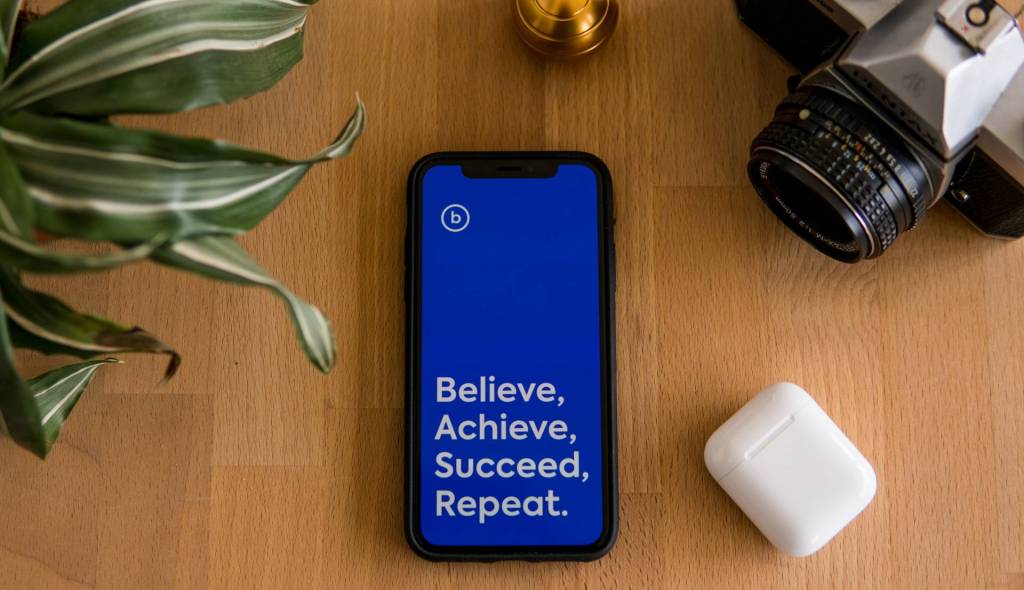To this day, the term “used car salesperson” still conjures up a specific persona that many feel is a very negative way to describe someone. The generalizations around this title are “pushy, fast talking, aggressive, high pressure, deceptive, rude, pesky, annoying” (and these descriptions came up quickly on the first page of a Google search for used car saleperson).
Let me be clear. I used to sell cars for a living – many moons ago. I know these are generalizations that don’t hold true for every single car sales person or used car salesperson. The truth is that the term is still used to describe and embody a person who possesses those adjectives listed above.
Today, the used car salesperson was my waiter at a restaurant.
He aggressively demanded from us whether we would order dessert. He asked 12 times in a row, in a way that several at the table described him as an “angry man”. He then again picked up our ticket and said “I’m going to close this out so you better tell me if you want dessert. “ Then proceeded to shout at each of us different desserts we should each have. To be clear, we just enjoyed a large meal so it’s not like we were just sipping water and tea and using up valuable table space. We just spent a bunch and were chatting amongst ourselves when he continued to bother us every 5 minutes in a very aggressive to almost “mean” tone. Mind you, there were about 15 other open tables in the restaurant so we were not over staying our welcome.
Contrast this with another waiter who attended to us who was kind, answered our questions, helped with recommendations and genuinely and generously served us.
It was such a sharp contrast that I immediately thought – that’s a good question to ask, are you a servant or a sales person (a used car salesperson to be exact).
Are you so focused on your goals and agenda when connecting with or meeting someone that you overrun the conversation and push through the other person to get to your goals?
Or, do you listen, respond, provide assistance and clarify concerns?
If one of your connections were asked to describe you, what words would show up?
Sometimes we are so focused on our own agenda that we forget that there’s another person or other people we’re working with and need to consider.
To help, here are three things to make note of that will help you see your true personal brand:
1. Notice how people introduce you. Or, just ask how they would describe you if they were introducing you to someone.
Pay attention to what words they use to describe you or even if they use no words and toss you the responsibility of introducing yourself since they really don’t know enough about you to describe who you are.
2. Notice how others react to you.
Do they tend to shy away? Do they seem irritated when they interact with you (not just one person but do you observe this reaction with several different people)? Do others share and recommend you to their close circle?
3. Notice what you say.
What words are you saying? When was the last time you heard how you spoke to others?
There are several factors to consider to know if your brand is seen as a servant or the negative side of sales – there’s more to consider here.
This week we focused on:
- SnapChat CEO Reveals Secret Behind Disappearing Function by Nance Rosen
- Avoid Becoming a Workaholic by Ceren Cubukcu
- Penetrating the Hidden Job Market by Alex Freund
- Strategies to Improve Calls and Increase Sales by Elinor Stutz
- Improv Everywhere: An Interview with Charlie Todd by Bill Connolly
- Lead Positive: An Interview with Dr. Kathryn Cramer by Bill Connolly
- Does College Make Financial Sense? Part 2 by Richard Kirby
- Having a Center of Influence Plan by Eddy Ricci
- How Strong Is Your Personal Brand? by Maria Elena Duron
- What Can Baseball Teach Us About Business by Jeff Shuey
- Traditional Affirmations Don’t Work – Do This Instead by Skip Weisman
- 6 Steps to Scoring a Promotion in the Next 30 Days by Glassdoor
- 5 Steps to Making the Best Connections by Heather Huhman
- Stop Striving for Perfection! by Beth Kuhel
- A Major Obstacle to Growing as a Leader by Dr. Paul White
- What Does Your Resume Say About Your Age by Marc Miller












